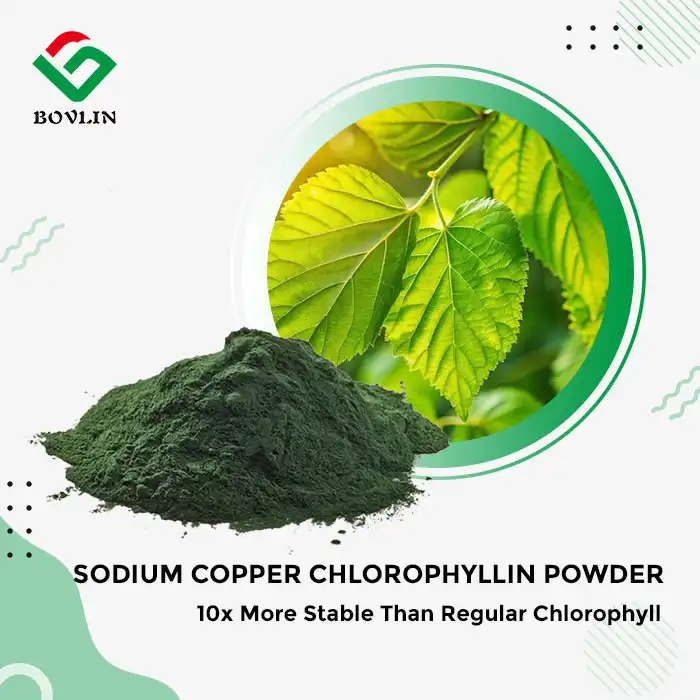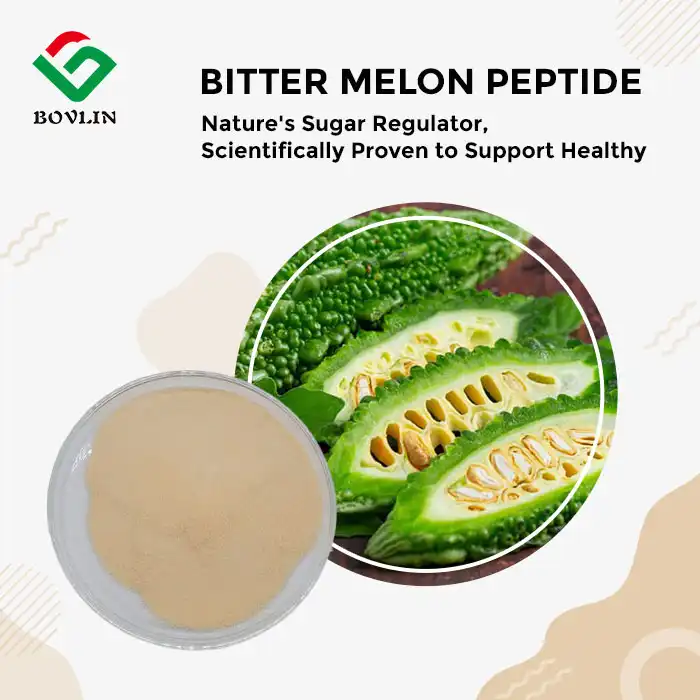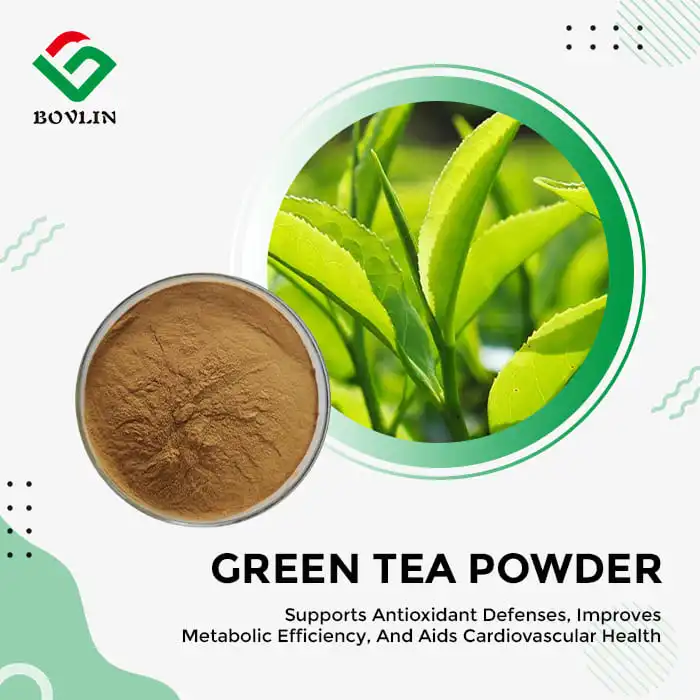How Soybean Peptides Influence Immune Cell Activity?
Soybean peptides exert a multifaceted influence on the immune system, particularly through their interactions with various immune cells. These bioactive compounds have been shown to modulate the activity of key players in our body's defense mechanisms.
Enhancing Macrophage Function
Macrophages, the frontline defenders of our immune system, benefit significantly from soybean peptides. Research has demonstrated that certain peptide fractions extracted from soybeans can stimulate macrophage activity, enhancing their ability to engulf and destroy pathogens. This increased phagocytic capacity translates to a more efficient clearance of harmful microorganisms, bolstering the body's first line of defense against infections.
Modulating T-Cell Responses
T-cells, crucial components of adaptive immunity, also respond to soybean peptides. Studies have shown that specific peptide sequences can influence T-cell proliferation and differentiation. This modulation helps maintain a balanced immune response, potentially reducing the risk of autoimmune reactions while ensuring robust defense against external threats.
Regulating Cytokine Production
Soybean peptides play a role in regulating the production of cytokines, the signaling molecules of the immune system. By influencing the release of pro-inflammatory and anti-inflammatory cytokines, these peptides help orchestrate a balanced immune response. This regulation is crucial for preventing excessive inflammation while maintaining the body's ability to combat pathogens effectively.
Immune-Boosting Properties of Bioactive Peptide Chains
The immune-boosting properties of soybean peptides stem from their unique molecular structures and bioactive components. These peptide chains offer a range of benefits that contribute to overall immune health.
Antioxidant Effects
Many soybean peptides exhibit potent antioxidant properties. By neutralizing harmful free radicals, these peptides help protect immune cells from oxidative stress. This protective effect enhances the longevity and functionality of immune cells, contributing to a more resilient immune system. The antioxidant capacity of soy oligopeptides has been linked to improved overall immune function and reduced risk of chronic diseases.
Anti-Inflammatory Action
Chronic inflammation can weaken the immune system over time. Soybean peptides have demonstrated anti-inflammatory properties, helping to mitigate excessive inflammatory responses. By modulating inflammatory pathways, these peptides contribute to a balanced immune state, preventing the immune system from becoming overactive or suppressed. This anti-inflammatory action is particularly beneficial in maintaining long-term immune health.
Gut Microbiome Support
The gut microbiome plays a crucial role in immune function, and soybean peptides have been shown to positively influence gut health. These peptides can act as prebiotics, promoting the growth of beneficial bacteria in the intestines. A healthy gut microbiome supports immune function by enhancing barrier integrity and modulating immune responses. The interaction between soybean peptides and gut microbiota represents an indirect yet significant mechanism for boosting overall immunity.
Applications in Immune Health Supplements and Formulations
The growing understanding of soybean peptides' immune-boosting properties has led to their increased use in health supplements and functional food formulations. These applications are particularly relevant for manufacturers and enterprises in the health and nutrition sectors.
Innovative Supplement Formulations
Soybean peptide powder is becoming a popular ingredient in immune health supplements. Manufacturers are incorporating these bioactive peptides into various formulations, including capsules, tablets, and powders. The versatility of soy peptide powder allows for its integration into multi-ingredient immune support blends, offering synergistic benefits when combined with other immune-enhancing compounds like vitamins and minerals.
Functional Food Enrichment
The food industry is exploring the potential of soybean peptides in creating functional foods with immune-boosting properties. Soy oligopeptides can be added to beverages, dairy products, and snack foods to enhance their nutritional profile. This application is particularly appealing to food manufacturers looking to develop products that cater to health-conscious consumers seeking natural immune support through their diet.
Sports Nutrition Products
The immune-modulating effects of soybean peptides make them valuable additions to sports nutrition products. Athletes and fitness enthusiasts often face increased immune stress due to intense physical activity. Incorporating soy peptide powder into sports drinks, recovery shakes, or pre-workout supplements can help support immune function in this demographic. Manufacturers of sports nutrition products are leveraging the dual benefits of soybean peptides: immune support and muscle recovery.
Conclusion
Soybean peptides represent a promising frontier in immune health support. Their ability to influence immune cell activity, coupled with their antioxidant and anti-inflammatory properties, makes them valuable components in immune-boosting formulations. As research continues to unveil the full potential of these bioactive compounds, manufacturers and enterprises in the health and nutrition sectors have an opportunity to innovate with soybean peptide powder. By incorporating these powerful peptides into supplements and functional foods, companies can offer consumers effective, natural options for strengthening their immune defenses.

Contact Us
To explore how soybean peptide powder can enhance your product line and offer immune-boosting solutions to your customers, contact Shaanxi Bolin Biotechnology Co., Ltd. at sales1@bovlin.com. Our team of experts is ready to provide you with high-quality soybean peptide ingredients and support your innovation in immune health products.











